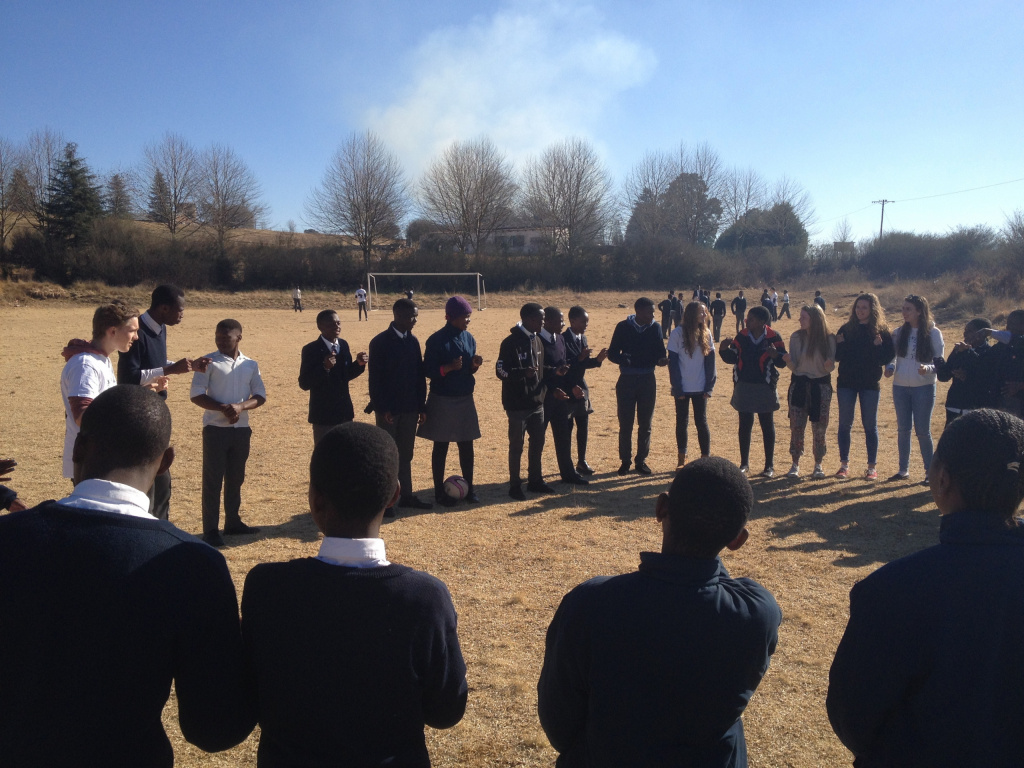
I often think teachers do a lot with what little spare time is available. I’m not necessarily thinking of that second banana crammed down at breaktime (okay, I’m guilty of that today) but I think we’re good at choosing what we can do in the time that we can devote to it. A good example is when someone turns to us and says 'I’ve got a great opportunity for you…' and then we look for the tickboxes in our heads being filled for ‘performance management’, ‘career development’, ‘makes life easier’ or some other way that what they’re saying will make our jobs more efficient, more pleasant and effective.
Since 2009, I’ve worked with schools around the world and have started those conversations, searching for those colleagues who can work on a project with a school in a different country, and it has always been better when we’ve found a way to work with our own needs, rather than doing projects for less obvious reasons. It's the same for a teacher in another country: reciprocal benefit has to be there if we’re going to put time and effort into working with each other.
Sports Day
Ten years ago, Pat (the head of PE) and I concocted a way to have an international sports day here in Dorset. Shea O’Connor School, our partner school in Nottingham Road, South Africa, did not have much sports equipment so Pat asked his team to suggest sports and activities that didn’t need specialised gear as well as events that tested athleticism and skill. Seven events were chosen, including standing long jump, tennis ball catch relays and football keepy-ups and Shea students set their targets in the week before our own sports day.
In the run-up to Sports Day, students learnt about the events in PE lessons and why those activities benefitted a healthy body as well as the need for healthy competition. Winners were found on the day and the results were shared quickly with pupils in South Africa, with our school partnership really adding to the traditions of our end-of-year sports celebrations. Pat’s team had the expertise to make Sports Day more involved – not just for us, but for students 11,000 kilometres away – and students learnt how simple exercises are important to muscle groups and stamina. This all deepened our wider community.